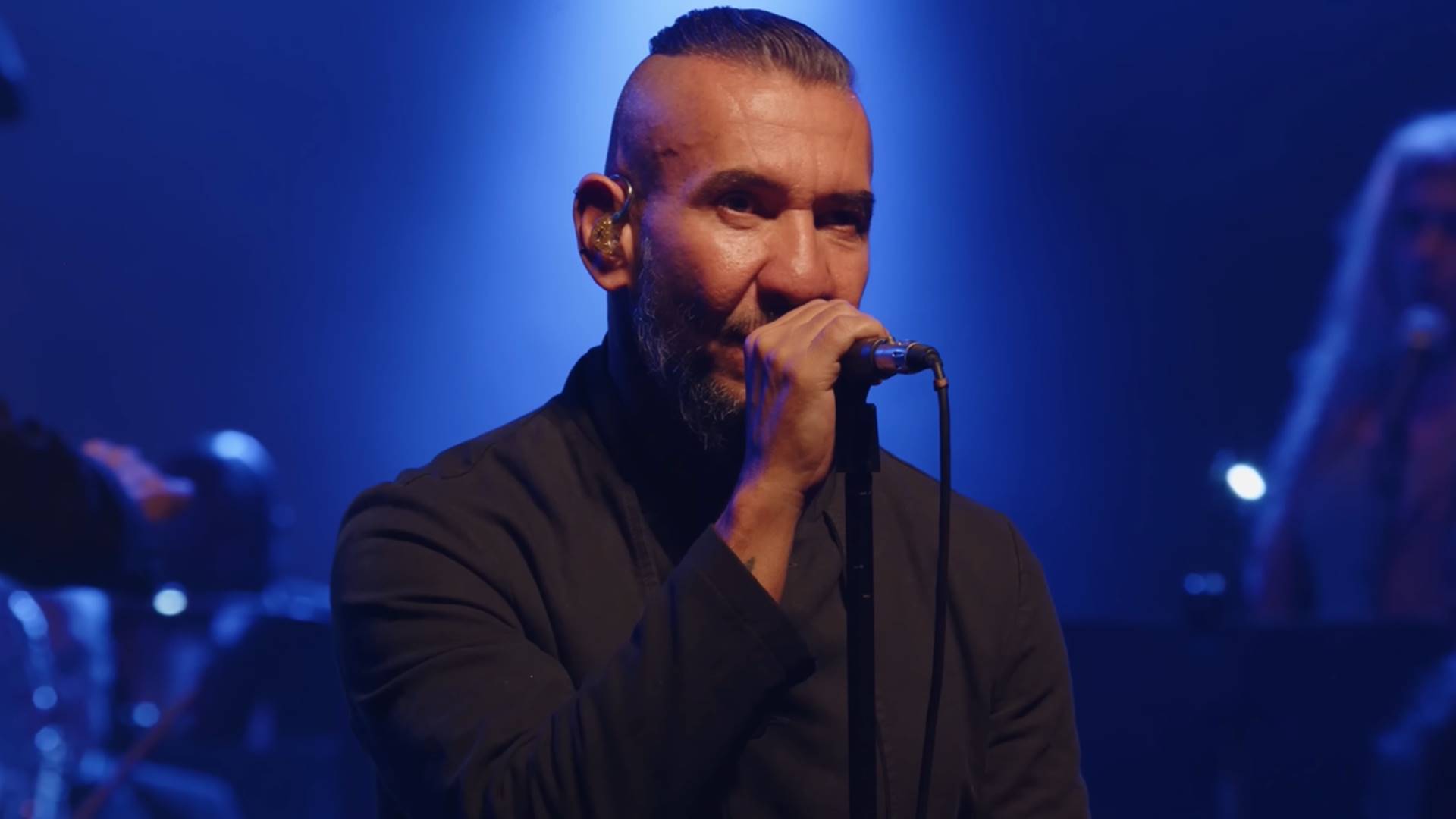Conversation is always the right way
The educator warns of the importance of not invalidating feelings
Have you ever heard your 7 or 8 year old say he has a girlfriend or boyfriend at school? Although it may seem precocious to adults, this type of statement has become increasingly common and has generated doubts among parents, educators and caregivers. After all, what is behind this behavior? Is banning the best solution?
According to Priscilla Montes, specialist educator of childhood and adolescence, the most important thing in this scenario is not to scold or encourage the meeting itself, but to welcome, guide and respect the child’s feelings, even when they are still under construction. “There’s a difference between saying kids can’t date and saying they can’t feel. When we invalidate feelings, we close off an important channel of dialogue for our children’s emotional formation,” she says.
This is normal, but requires attention
Explain that it’s natural for children to be curious about emotional bonds. “We are curious human beings. As we grow and expand our environments, it’s normal for children to develop this kind of interest. And it’s great that they have this space to ask you questions,” he points out.
Faced with these situations, the expert recommends parents to remain calm and avoid exaggerated reactions. The most effective thing is to use these opportunities as moments of listening and orientation. “When we receive a question that seems premature, it’s important to respond with curiosity: ‘Daughter, what do you think? Have you heard about it?’. This way we understand what you know, where you heard it, and we can answer without exaggerating,” he advises.
Open dialogue
The essential thing, according to Priscilla, is to ensure that the child or adolescent feels safe in talking to their parents, even if the topic is sensitive. “You can explain to her that, at 8 years old, she is still a child, and children don’t date each other. But that it is normal for her to like some friends more than others, and that this sometimes creates confusion. The important thing is to demonstrate that there is a safe space to ask questions, without fear or shame,” she explains.
In adolescence, emotional bonds acquire intensity and often involve the first more serious relationships. “Right now, parents should not act as court supervisors, but as allies. This is the time to educate about mutual respect, self-care, consent and emotional responsibility,” she says.
Affective curiosity, very present in conversations between friends and at school, is amplified by early access to the Internet and social networks. According to the TIC Kids Online Brasil 2024 survey, carried out by Cetic.br/NIC.br, 83% of Brazilian children and adolescents who use the Internet have accounts on platforms such as WhatsApp, Instagram, TikTok and YouTube. Among children aged 9 to 10, this percentage already reaches 60%, even though these platforms officially do not accept users under 13.
The problem of networks
The frequency of use also attracts attention. Around 70% of young people aged between 9 and 17 access WhatsApp very frequently, of which 53% use the platform several times a day. On YouTube it appears with 66% of frequent use, followed by Instagram (60%) and TikTok (50%). Among the youngest, YouTube predominates, used daily or almost daily by 70% of children between 9 and 10 years old.
For Priscilla Montes these numbers help to understand why topics such as dating, affection and bonds always appear first in the speech of children and adolescents. “What do these children consume? What models of emotional bonds do they see? When school or family do not give space for dialogue, these spaces are occupied by influencers and often inappropriate content”, he warns.
The educator also draws attention to the role of schools in this process, especially considering the recurrence of appointments during the school phase and the conflicts that sometimes arise between students, parents and teachers. “The school must be a partner of families, promoting spaces for dialogue on affections, limits and coexistence. It is not a question of stimulating, but of educating about affections and social life”, he underlines.
For her the path lies in building a relationship of trust and presence. “Children do not go out together, but they feel it. Adolescents go out together, but they need support. What cannot be missing is listening, bonding and guidance. Without this, we open the space for other sources, such as social networks and colleagues, to take the place that belongs to parents and educators”, he concludes.
Source: Terra
Ben Stock is a lifestyle journalist and author at Gossipify. He writes about topics such as health, wellness, travel, food and home decor. He provides practical advice and inspiration to improve well-being, keeps readers up to date with latest lifestyle news and trends, known for his engaging writing style, in-depth analysis and unique perspectives.









